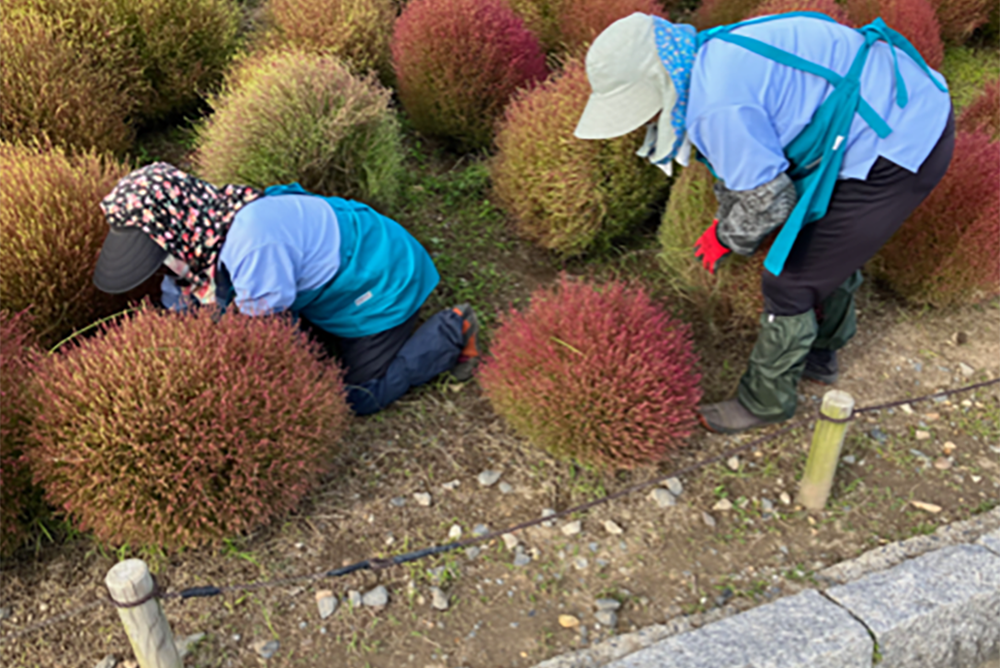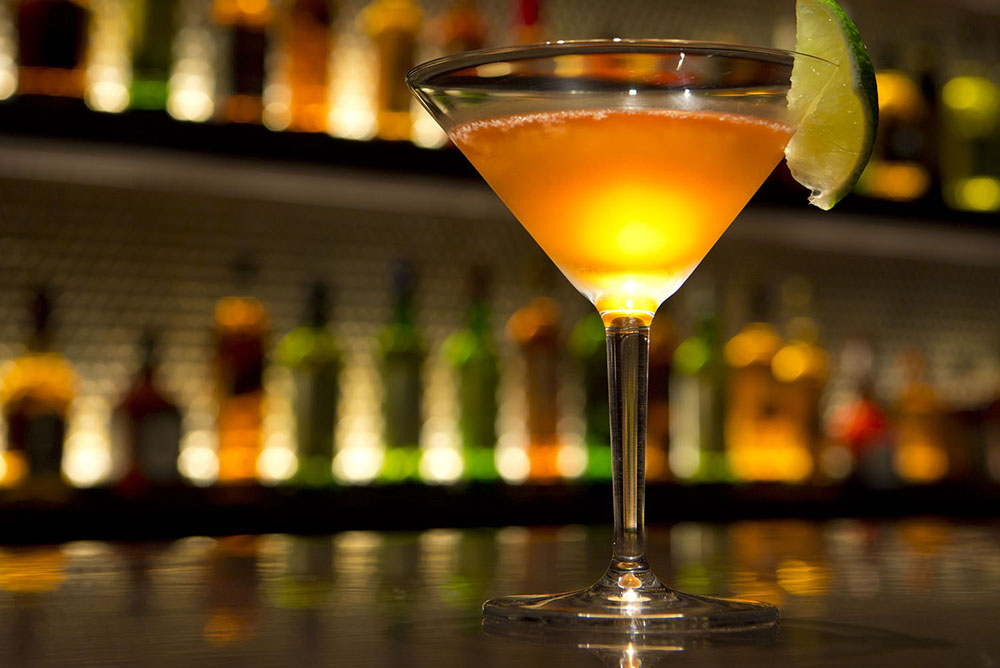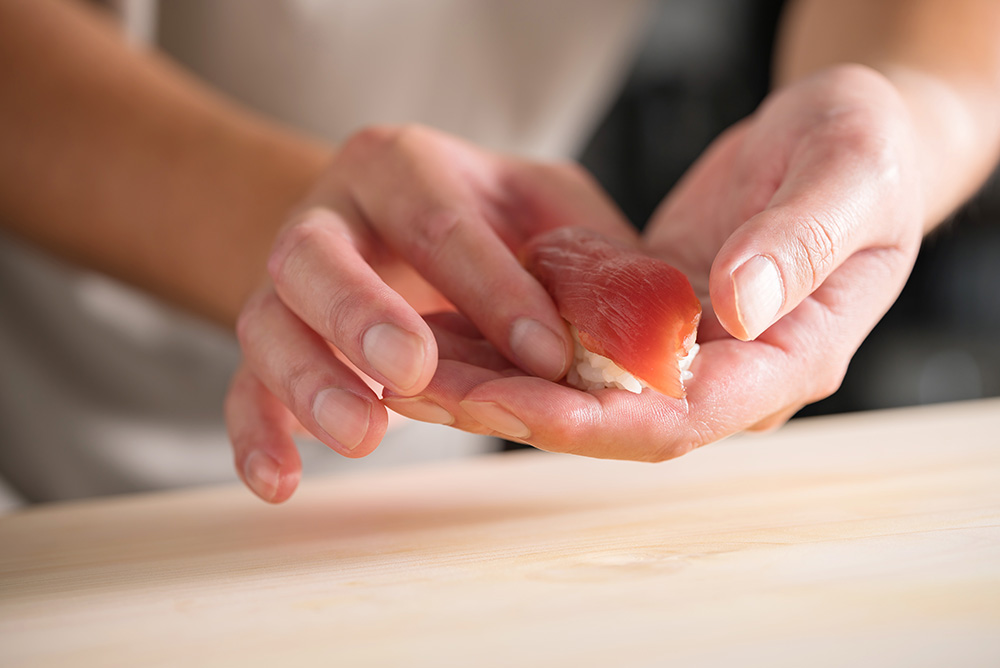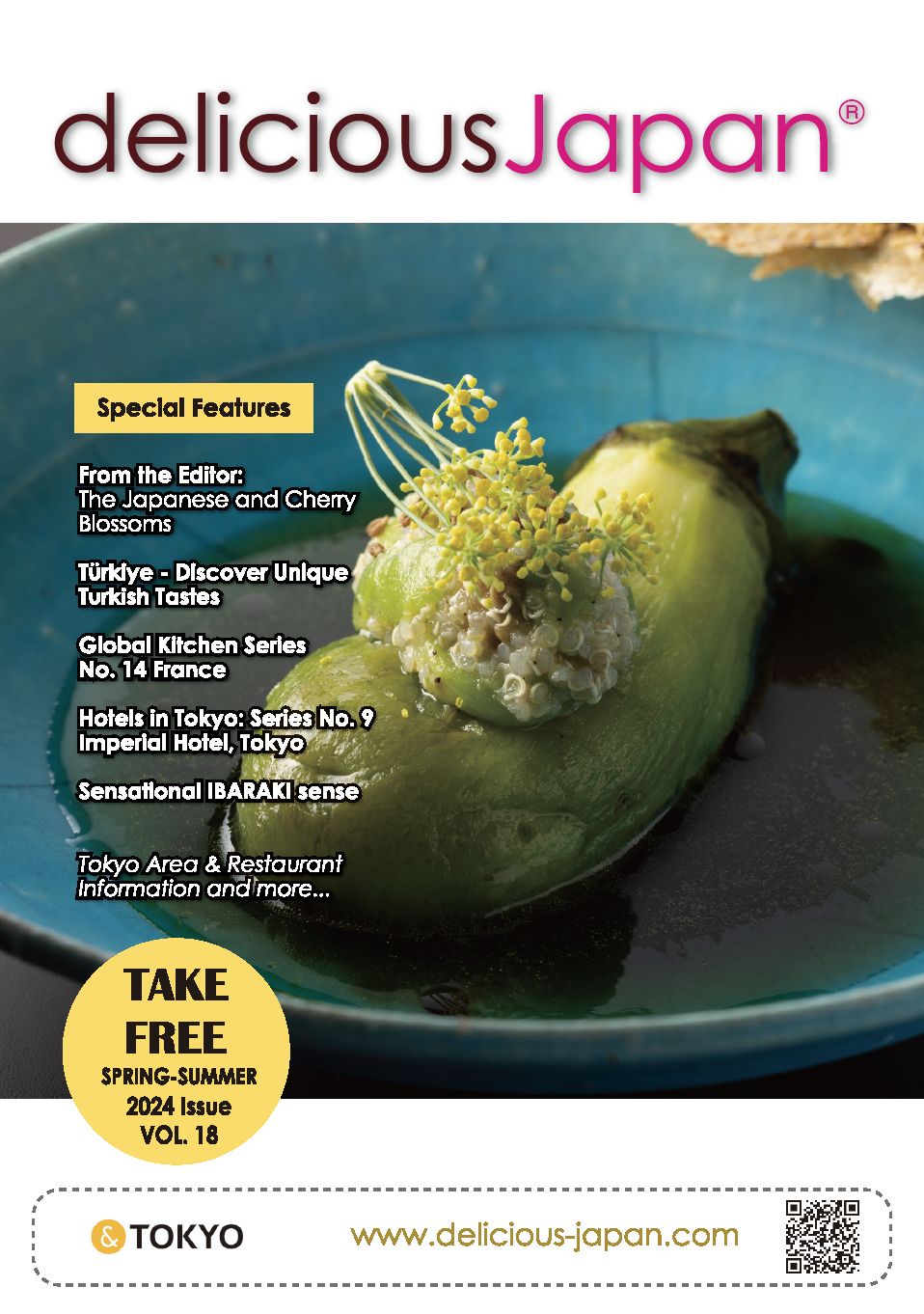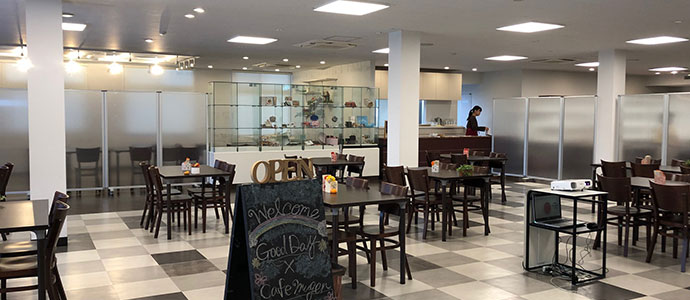
Good Health and Happiness for All
Kagawa Nutrition University was born from one woman with a dream that "all people may be healthy and happy". Her name was Aya Kagawa. In addition to being the founder of Kagawa Nutrition University, she was also the mother of nutrition science, who laid the foundations of modern nutrition in Japan. We asked Atsuko Isoda, Dean of School of Nutritional Sciences in Kanagawa Nutrition University, about studies and practical skills in the Department of Food Culture and Nutrition, which boldly addresses the advance of food culture and the food industry.

ATSUKO ISODA
Kagawa Nutrition University
Dean, School of Nutritional Sciences
Professor, M.S.
Please give us a brief introduction about Kagawa Nutrition University.
As a university, we aim to research, teach, and disseminate to society "what people should eat and how", and to allow everyone to follow a healthy and satisfying diet. The university was founded by two doctors in 1933. In an age when beriberi was a national disease, we started by researching the digestion and uptake of vitamin B1 at Tokyo University, then strove to improve rice polishing methods by creating and spreading "whole-grain rice". We became a junior college in 1950, a specialist culinary college in 1956, a four-year university in 1965, and opened a graduate school in 1969. We have produced many diverse specialists in food and health over the years.
While we are an educational institution, we also emphasize contribution to society and social activism. We are a practical university, which expects our students to take action after graduation. In addition to pure research, we also research practical applications and work on continuing education for our graduates. We also organize distance education classes and publish books and magazines.
What are the characteristics and aims of the Department of Food Culture and Nutrition?
Based on a systematic understanding of "food culture" and "nutrition", we aim to produce graduates who will be active in a wide range of leadership roles in the food industry. First of all, they gain a thorough understanding of nutrition science, food science, gastrology, and practical cooking, and fully incorporate health into their perspective, and then we foster their ability to move food businesses forward in pursuit of food that is also delicious. Secondly, we go beyond the study of food culture by nurturing students' basic understanding and skills in food-related information and messaging, with subjects such as design theory, practical Web design, and practical media editing theory. Thirdly, we foster a global perspective on food, through international understanding, international nutrition science, social theory of international food trade, overseas training, and the like.
From their third year, students divide into fi ve courses, and we offer them elective subjects, such as food service, further research into food culture, and product development. These courses match the directions they want to pursue, and make sure they graduate with practical skills. Nutritionists who have graduated from the School of Nutritional Sciences are specialists, but we also want to develop them into adult members of society who can function as generalists, with an overall perspective on the food industry, and the abilities to plan and execute.
What fields are your graduates working on now?
Around 120 students graduate per
year from this department, and their three main post-graduation directions are food manufacturers, food service industry, and distribution wholesaling and retail. Each of those accounts for around 25% or more, totaling around 80% of graduates. Our graduates' employment rate is close to 100%, and as a department we are proud that our graduates apply their specialist learning to work in various foodrelated fields.
As a university and as a department, are you active overseas, from the perspectives of food diversity and food internationalization?
We have comprehensive partnership agreements with departments and universities which specialize in food and nutrition. They include Curtin University in Australia, Seoul National University in South Korea, Mahidol University in Thailand, and Hanoi Medical University in Vietnam. Partnership activities include organizing joint symposia, lecturing at teaching staff mixers, and running student exchanges and internships.
My department has been organizing student study trips of over a week to Vietnam for the last few years, and to Thailand before that, as "field work training in international food activities". Around 20 students participate every year. As a department, we are currently considering the possibility of opening a program of overseas internships.
What will your university's approach be in future, from the perspective of food diversity, on research and classes etc. about vegetarianism, veganism, and halal?
We have classes on inter- (multi-) cultural understanding and the theory of culinary culture as a required course. Within that course, we provide several opportunities to learn about religion and food, diverse dietary forms, and foodrelated values. Every year, a number of students perform research and suggest menus on the themes of halal and vegetarianism in their course graduation theses. So some of the students appear to be interested in those subjects. We are not yet considering the idea of establishing them as an independent program. One concern is that it is not possible to separate that content from courses which are already on offer, such as the theory of culinary culture, so there could be duplication of content. I think there is also potential in the form of cooking practice rather than lectures.
Are there any food-related events or programs you would personally like to produce?
Over the last two or three years, there has been an increase in universities which develop graduates able to work in the food business on the basis of study of food culture. I would like to try challenges and tests of ability for students, as well as things like recipe
competitions between students of similar universities, aiming at the appeal of courses like that. I haven’t got to the stage of specific plans yet.
What are your personal cooking specialties?
I sometimes make "kawari gyoza" (modified potsticker dumplings), which are popular with my family. They are gyoza with fillings that I tried in a specialist gyoza restaurant that I like in the Chinatown of Johannesburg. I also add a lot of celery, chicken meat, cabbage, and ginger. Another delicious variety has cabbage, Chinese cabbage, mushrooms, perilla leaves, and ginger instead of meat.
Another thing I cook is khanomchin. It can also be called Thai-style curried noodles, and the noodles are made of rice flour, as they are across Southeast Asia. It's the representative dish of Northern Thailand. There are many varieties of soup, but the most popular types has fish that are steamed and pulled apart, and then the soup and meat are used, together with condiments like coconut milk, chilli, nam pla, and ginger. I also add the sour leaves called Kaffir lime. I can make it just like the original, even if I swap ingredients for somen noodles and canned mackerel. Sprinkle it with mint and coriander leaves as the finishing touch.

